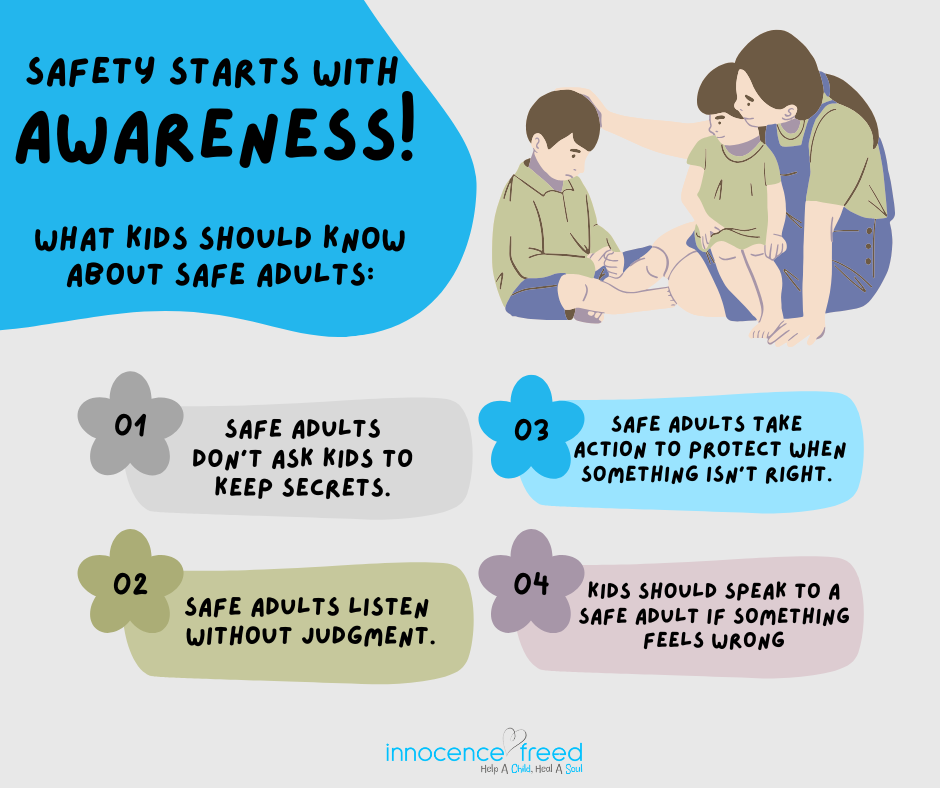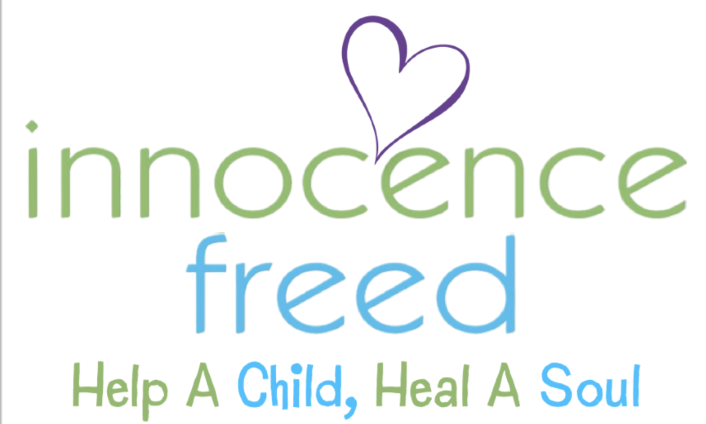
Teaching Children About Safe Adults: Protecting Their Trust and Safety
As parents, guardians, and caregivers, one of the most critical lessons we can teach our children is how to identify safe adults. Safe adults are trustworthy individuals who prioritize a child’s well-being and never ask them to keep harmful secrets. Empowering children with this knowledge not only protects them but also builds their confidence in navigating the world.
What Are Safe Adults?
Safe adults are people children can turn to when they feel scared, confused, or uncomfortable. These might include parents, teachers, family friends, or coaches—people who demonstrate respect, kindness, and reliability. A safe adult:
- Listens to a child without judgment.
- Encourages open communication.
- Takes action to help if a child is in danger or distress.
The Secret Rule
A key characteristic of safe adults is that they don’t ask children to keep secrets, especially ones that feel wrong or make them uncomfortable. Teaching kids this rule helps them understand:
- Surprises vs. Secrets: A surprise (like a birthday party) is fun and temporary. A secret, especially one meant to hide wrongdoing, is harmful.
- Comfort Matters: If someone asks them to keep a secret that feels uncomfortable, they should tell a trusted adult immediately.
How to Talk to Your Child About Safe Adults
- Start Early: Begin conversations about safety in age-appropriate ways as soon as your child is old enough to understand.
- Use Clear Language: Explain that their body belongs to them, and it’s okay to say “no” to unwanted touch, even from someone they know.
- Identify Trusted Adults Together: Create a list of safe adults with your child, including people they see regularly at home, school, or in their community.
- Practice Scenarios: Role-play situations where they might need to approach a safe adult for help.
Empowering Children to Speak Up
It’s vital to create a home environment where children feel safe discussing anything. Reinforce these messages:
- “You Can Tell Me Anything”: Assure your child that they won’t get in trouble for sharing their concerns.
- “It’s Not Your Fault”: If something troubling happens, emphasize that it’s never their fault.
A Lifelong Foundation of Trust
Teaching children about safe adults and the dangers of harmful secrets lays the groundwork for a lifetime of healthy relationships. It equips them with tools to protect themselves and gives them the confidence to seek help when needed.
At Innocence Freed, we believe in empowering families with education to build stronger, safer communities. With your support, we can help protect our children and ensure they grow up feeling secure and loved.
Written by: Julie Shrader, Founder/CEO
Innocence Freed
info@innocencefreed.org

